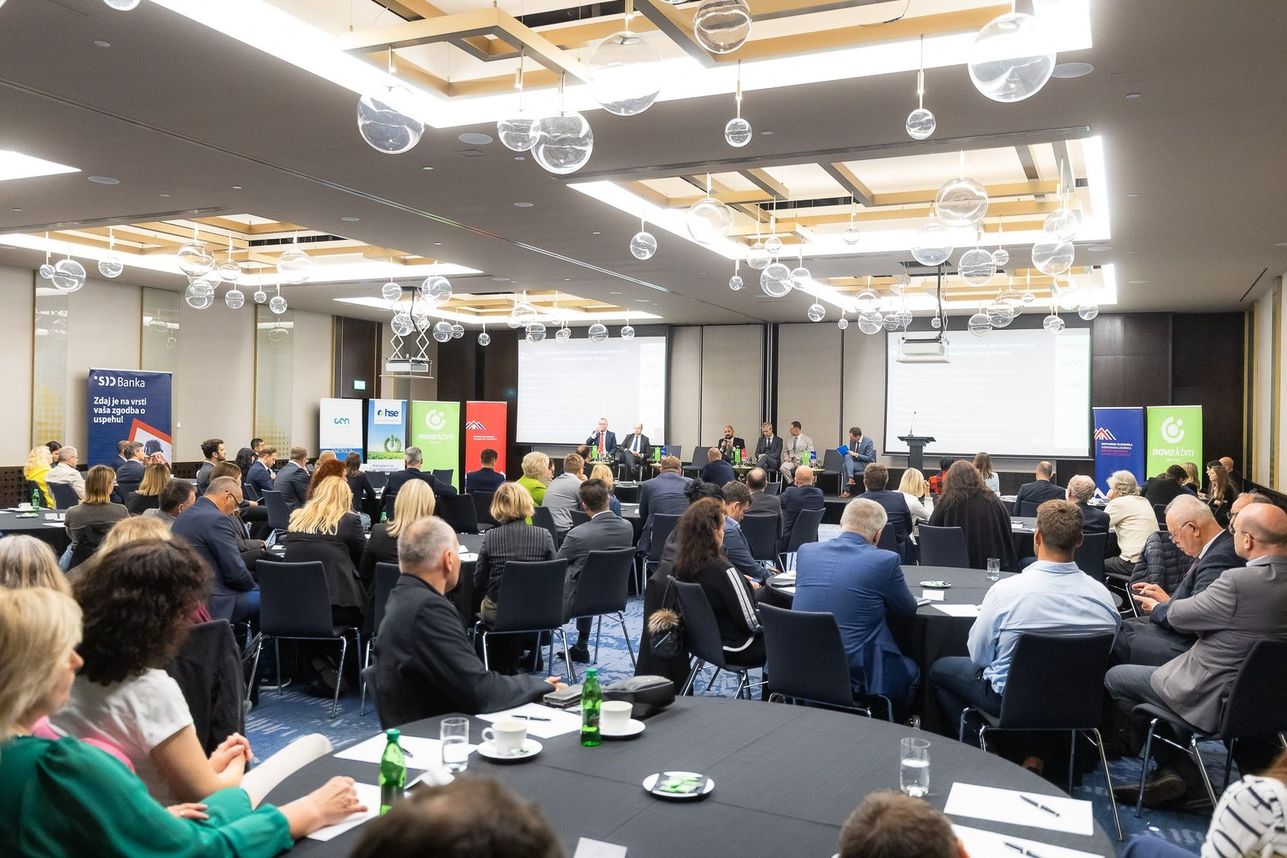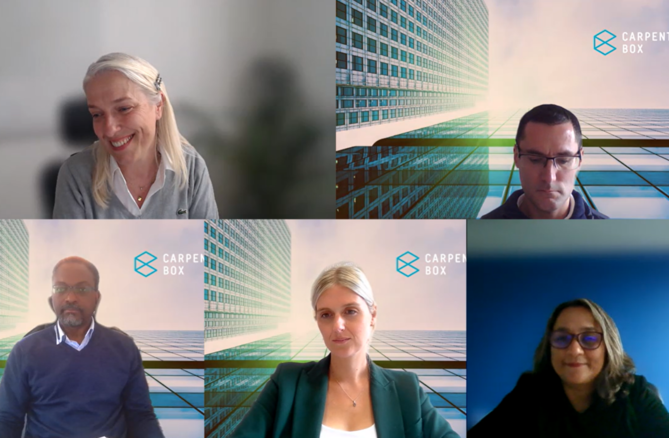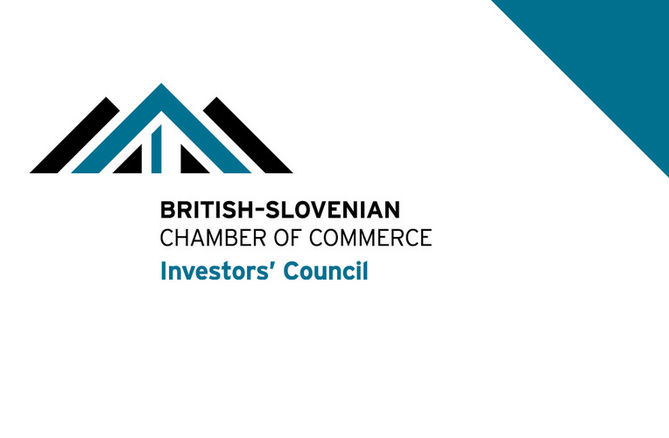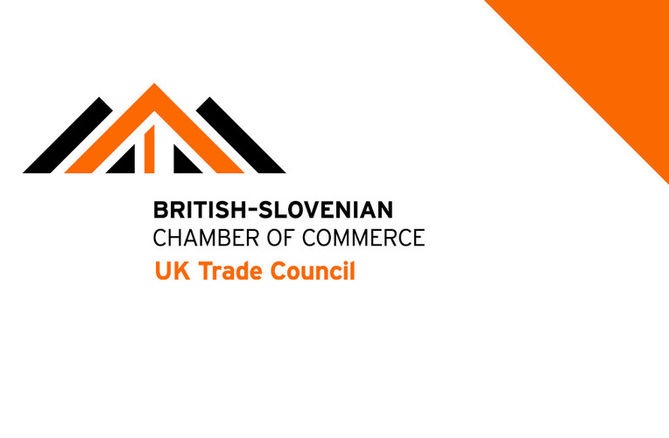The Future of the Green Transition in Slovenia

Ljubljana, 16 May 2024 – Strategic orientations, priorities, and development of large-scale energy projects in Slovenia were one of the main topics at our Tea with Reason Conference. From the indispensable role of government support, market-financed models, to industry engagement, the road to a carbon-free future poses many challenges. Particularly notable was the discussion on preparations for JEK2, which will be the largest investment in Slovenia's history. Speakers from the UK shared with us their many experiences with mechanisms and financing models for nuclear power plant construction in the country. The conference also featured a debate on the transition to a net-zero future in Slovenia with candidates for the European elections.
Setting the stage for governmental priorities, Tina Seršen, State Secretary at the Ministry of the Environment, Climate and Energy, explained the Ministry's commitment to carbon free society: "The newly adopted Energy Act is only one out of ten legislative acts currently being prepared." Seršen clarified Ministry's plans to promote renewable energy projects, strengthen the infrastructure for electric vehicles and study the feasibility of small modular reactors (SMRs) for Slovenia's energy future.
In discussion on economic feasibility of large-scale energy projects, Troy Edwards, Partner & Global Sector Co-Lead Energy at A&O Shearman underscored the indispensability of government support, "Without government support, the market wouldn't keep up.” Edwards emphasized the important role of various financial models such as contract for differences in restoring market balance, explaining UK’s successful application across the wind, solar, and nuclear (used for Hinkley Point C) energy sectors. Such approach not only secures financial resources, but also ensures risk sharing among stakeholders. Huw Williams, Head of Investor Relations at the Department for Energy Security and Net Zero, echoed sentiments on market-financed models, asserting: "The government always ensures that every business model we develop is market-financed, making equity investors happy to invest."
John Denhof, CEO of NovaKBM, underlined the key role of commercial banks in accelerating the green transition: "We are actively financing a number of projects, offering dedicated products to both retail and corporate customers. However, demand for such products is currently modest, necessitating efforts to enhance customer awareness." While Duško Krsmanović, Head of UK Export Finance for Central and Eastern Europe & the Balkans, addressed the challenge of liquidity in project financing: “As a governmental export credit agency our role is to facilitate funding and providing companies with credit profiles to improve their eligibility for project financing.” With us was also Simon Savšek, Head of Ljubljana Office, European Investment Bank, who explained the important role of the EIB in financing the green transition in Europe and globally.
Dejan Paravan, CEO of GEN energija, pointed out that they are already making a significant contribution to decarbonisation in Slovenia, as 99 % of their production is already carbon-free. Paravan also shed light on the JEK2 project: "It is invaluable to learn from our UK colleagues who have delivered some first-of-a kind energy projects. Our focus is on implementing proven technologies, particularly through the JEK2 project, where we are leading the efforts and anticipate a final investment decision in 2028."
Danijel Levičar, State Secretary for the National Nuclear Programme pointed out that while all the activities, including the working group set up last year and the forthcoming resolution, have enabled the JEK2 project to progress in recent years, there is still a lack of a governmental organisation that would be in charge of managing the project. Levičar added: “Our priority is also finding a financing model that will make electricity affordable for households and competitive for industry.”
As one of the biggest challenges affecting new green projects, Tomaž Štokelj, CEO of Holding Slovenske Elektrarne, highlighted siting procedures, which are often very time-consuming. That is why they are keen to speed them up and strengthen cooperation with local communities, which often oppose new projects in their vicinity.
While Slovenia has made great progress in the area of green transition, Robert Prelesnik, Partner and Managing Director at Rojs, Peljhan, Prelesnik & Partners, remarked: "Legislation environment in Slovenia enables NGOs and individuals to intervene in procedures, which can push energy projects indefinitely." Echoing the need of favourable regulations, Stanka Šarc Majdič, Member of the Management Board at SID Bank, added: "Both private and financial sectors are eager to support the green transition, yet a favourable regulatory framework and government support are crucial. It is essential that we collectively design the optimal financial models to achieve our goals."
If we want to continue with the growth of the Slovenian economy and industrial production, we will need twice as much electricity as we have now, said Antonija Božič Cerar, Head of Department for Environment, Climate and Energy at the Chamber of Commerce and Industry of Slovenia. The construction of JEK2 will therefore be inevitable, according to the Chamber. Božič Cerar also stressed the need to acquire the necessary skills for this transition: "Slovenia boasts an industrial ecosystem intertwined with the existing nuclear power sector, supported by our educational system. Preserving this expertise is important. The chamber's role is to activate all existing companies to contribute and to expand this network of enterprises."
Last but not least, the conference featured a debate on the transition to a net-zero future in Slovenia with candidates for the European elections. Seven candidate lists in the European elections expressed different views on the green transition, some believing that reckless decisions have been taken in the past, others pointing to the rush, others to the insufficient use of renewables, and a relative consensus was found on nuclear energy, but the question of financing this major project remains open.
The following candidates took part in the debate: Jure Leben, Gibanje Svoboda, Franc Breznik, SDS, Mojca Erjavec, NSi, Matevž Frangež, SD, Dr Luka Omladič, Levica, Franc Bogovič, SLS, Dr Klemen Belhar, Vesna zelena stranka; the debate was moderated by Anja Hreščak, journalist at Dnevnik. Belhar, Vesna zelena stranka stressed: "There will be no nuclear power plant in Slovenia because we will not be able to finance it. We must have an option that is more realistic. Let's design the energy sector in such a way that it will work even without a new unit. Otherwise, we could be in really serious trouble."
The candidates also addressed other pressing issues - from the importance of improving public transport to what the energy mix should look like and what (too) fast global warming means for Slovenia, which is warming faster than the global average. Dr Omladič, Levica: "When the world temperature warms by 1.5 degrees, that means 2 degrees for Slovenia. Things are radically bad and the world will soon be radically different."
The candidates paid a lot of attention to the appropriate energy mix for Slovenia, with Breznik, SDS, saying: "We can learn from the mistakes made by Germany and we should not go down that road. We should look first and foremost at stable energy sources". Bogovič, SLS, highlighted the problem of predictability through the prism of security: "The war in Ukraine has exposed many things, including the fact that we have to adapt to the changed circumstances, when energy has suddenly become a weapon." On the predictability and sustainability of energy in the context of the economy, Erjavec, NSi, stressed the particular aspect of companies, which need a stable energy mix for their continued business, which also affects their competitiveness. Leben, Gibanje Svoboda, also echoed this view: "The green transition is certainly necessary, but we need to implement it in a way that does not affect the daily life of the population and that does not affect the competitiveness of our economy." Frangež, SD, added that we should not forget the concept of a "just green transition", meaning that we should always ask ourselves when adopting green policies - who will pay for the measures.
Photos from the event are available here.
Special acknowledgement goes to the Event Partner - NovaKBM, and Panel Partners: GEN Energija, Holding Slovenske elektrarne, and SID Bank.


